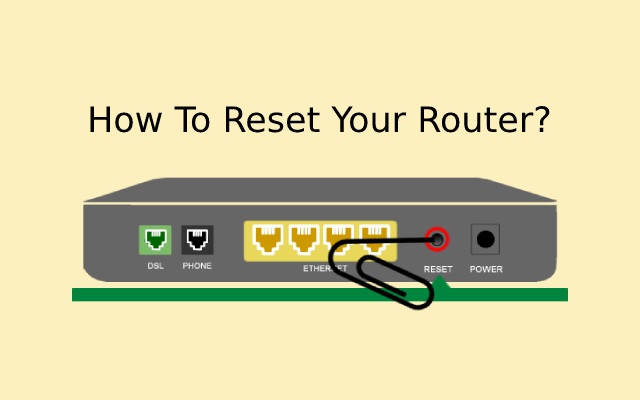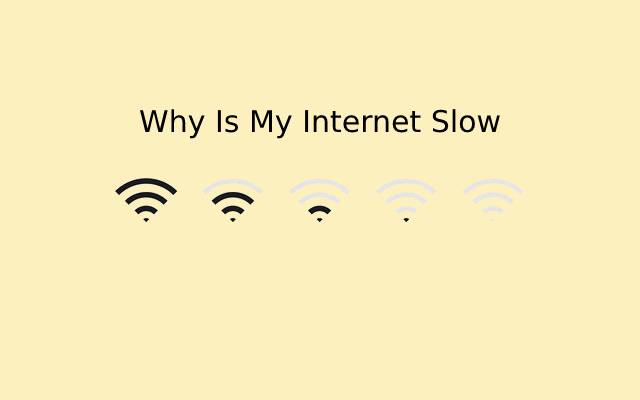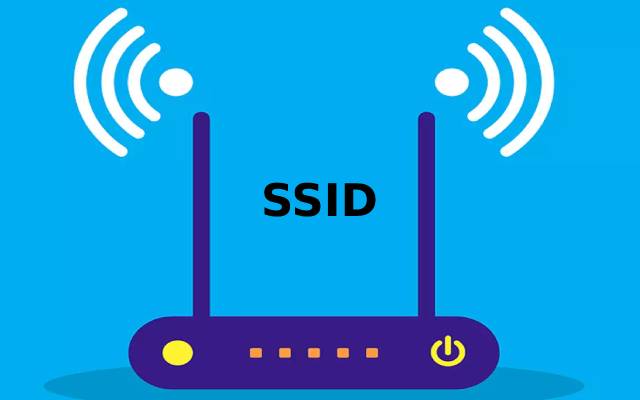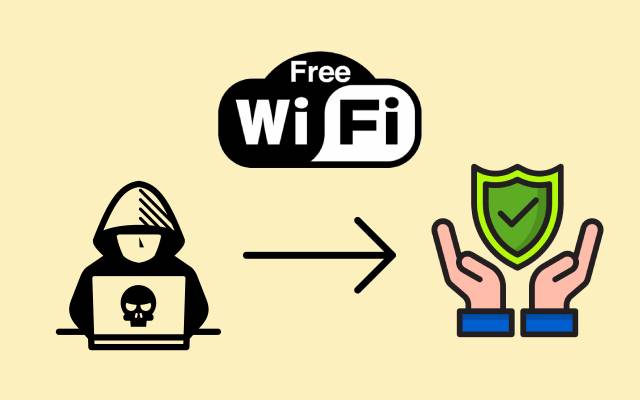How to Create a Strong Password
The first security line against unwanted access to your computer and personal information is provided by passwords. The best defense against online crooks should be learning how to create a strong password.
No personally identifiable information should be used in a strong password. It must be lengthy and comprise letters in both upper and lowercase, numerals, and special characters. The more letters (in both upper and lowercase), numbers, and symbols you use in your password, the more difficult it will be to break.
The topic “How to Create a Strong Password” will be explored in this post. We’ll highlight the best choices. We’ll go over how to make a strong password.
How to Detect Weak Passwords Quickly
Making passwords memorable but challenging to crack is the key. A strong, unique password will be simple to create if you learn a few basics. Making them can be enjoyable, and the benefits of better safety are significant.
It’s best to go over typical daily activities that put millions of users in danger to comprehend what constitutes a strong password. Let’s look at a few examples to understand why using weak passwords puts you at risk.
Using common words
The most popular password is just “password.” It is also pitifully weak, like “default” and “blank.” These are short words that a user may readily decipher. Humans aren’t your only concern, though. Dictionary attacks on your system can be carried out by programs that use automated databases, quickly revealing the password.
Using Personal Information
Using the last name and the year of birth is a typical illustration. Forhad1968 is an example of a password that can be readily cracked since it has both a term that may be connected to you or your family and other identifying information, such as your birth year, even though it only has 12 characters and includes both letters and digits.
Concise and Simple To Understand
Consider using the password “H1avoR,” which combines capital letters and numbers. These are two crucial arguments against the security of this password example:
- It is too brief. Strong passwords are those that are lengthy. The more difficult it is for a hacker or code-breaking software program to work, the better.
- It is simple to guess how many substitutions there were. Both people and computer programs can quickly think of the letter l when the number 1 is substituted.
How Is a Password Compromised?
The most straightforward password hacking technique for cybercriminals is simply purchasing your passwords on the dark web. If you’ve been using the same password for a long time, there’s a reasonable probability that it’s been compromised because login information and passwords fetch high prices on the black market.
Cybercriminals must crack your passwords if you’ve been smart enough to keep them off the combined blacklists. And if that’s the case, they’ll undoubtedly employ one of the strategies listed below. Depending on the situation, these attacks may target one of your actual accounts or a leaked database of hashed passwords.
Why Is a Strong Password Necessary?
You might be asking why you even need a strong password at this stage. Although most websites are secure, there is always a small possibility that someone will attempt to access or steal your information. This is referred to as “hacking.” One of the greatest ways to protect your accounts and confidential information from hackers is to use a strong password.
Making Strong Passwords: How to Do It
We are all continuously advised to use strong passwords online. Here are some tips on how to make a secure password—and, more crucially, how to remember it.
The majority of individuals choose passwords that are simple to remember, and they frequently use the same password for many accounts, which is known to cyber criminals. Because of this, it only takes one account to be hacked to access all the other accounts readily.
Please take a moment to consider these highly recommended strong password best practices and generate new passwords for any accounts that do not comply:
Never Use Consecutive Numerals or Letters
Avoid using numbers like 1234, Qwerty, JKLM, 6789, etc.
Use at Least Eight Different Letters, Numbers, and Symbols
It is more difficult to crack a longer password incorporating wider character diversity. M0l#eb9Qv? For instance, it employs a special mix of capital and lowercase characters, numerals, and symbols.
Use Just Your Names and Non-dictionary Terms
Change letters for numbers or symbols to make the password harder to crack. Alternately, intentionally misspell the passphrase or password. P8tty0G#5dn, for instance, stands for “patio garden.”
Keep Your Credentials Safe by Using a Password Manager
Never keep your passwords in a computer document. Use the password manager program that the IT/support team has given you to save all of your personal and work passwords.
Never Use Your Birth Year, Month, or Day as Your Password
Do not forget that hackers can access this information by looking through your social media profiles.
If You’re Using a Passphrase or Password, Mix up the Words
Because of this, it is challenging for cybercriminals to guess your password. Do not use words or phrases from well-known songs, films, or TV shows. Create your passphrase using three or four longer words. As an illustration, 9SpidErscalKetobogGaN
Keep Your Passwords Unique
Every gadget, software program, website, and application needs a special, secure password or PIN. Do not forget that if a hacker manages to guess one of your passwords, they will attempt to access your personal and business accounts using that password.
Do not ever divulge your passwords to anyone. This includes your coworkers, the IT team, the customer service, and help desk staff, as well as your family and friends.
Do not respond to or divulge personal information, such as your password, date of birth, address, or credit card information, in phishing emails, smishing texts, or vishing calls requesting your password information.
Never Put Personal Information in Your Passwords
Please refrain from using the following details in your passwords when upgrading or creating new ones:
- Name of your animal.
- Your birthday or a family member’s birthday
- Any terms that describe your interests, profession, or hobbies.
- Including your city/town, street, home or apartment number, or nationality as a component of your home address
- Your name or a family member’s name
Cybercriminals look for information on their targets online that will enable them to breach their passwords. And they’ll use any information they can find about you, including your address, occupation, interests, and family, to guess your password carefully.
Final Thoughts
Almost everything you do online, from checking your email to online banking, requires a password. Use lengthy, strong, and challenging passwords for hackers to crack while being relatively simple for you to remember to safeguard yourself and your data.





